Iran has said it is “ready for talks” with Canada about renewing long dormant diplomatic relations between the two countries, but that Ottawa must be the one to make the first move.
“The relationship was frozen unilaterally by Canada, not by Iran,” said Esmail Baghaei, a foreign ministry spokesperson, at a recent media briefing in Tehran.
“And we never welcomed that decision because we think that decision was not for the benefit of either of the two nations,” he said.
Baghaei was responding to a question from CBC News on a recent reporting trip to Iran. Visas for Canadian journalists have only rarely been approved in recent years.
CBC News senior international correspondent Margaret Evans asks Iran’s foreign ministry spokesperson Esmail Baghaei about Tehran’s interest in restoring diplomatic relations with Ottawa, broken off since 2012.
“I think it’s for Canada to decide what course of action they want to take,” said Baghaei. “I think the first step they have to take is to unravel the many sanctions and restraints that they have imposed on themselves and on our bilateral relations.”
That’s deemed unlikely by experts and Canadian diplomats.
Ottawa severed diplomatic ties with Iran in 2012. The government of then prime minister Stephen Harper cited the Islamic Republic’s perceived ambition for a nuclear weapon, its support for the dictatorship of the since ousted Syrian President Bashar al-Assad, as well as persistent human rights abuses.
Recent efforts aimed at restoring talks between Washington and Tehran over a deal to limit Iran’s nuclear program in exchange for lifting sanctions has raised hopes among ordinary Iranians longing for an end to their country’s isolation and economic pain.
Some Iranians hope Canada will return
“We have many difficulties for the exports because of these [sanctions] that these Western countries made to us,” said Rasoul Namavari.
The businessman just bought the building that used to house the former Canadian Embassy in Tehran and is now basing his paper company there.
He was happy to show off renovation work and point out the last remaining Maple Leaf attached to one of the windows at the former embassy.

“We kept that one as the heritage of the old days,” he said.
Canada leased the building starting in 1974, five years before the Islamic Revolution, right through to 2014. That seems to imply that Canada was still hedging its bets on whether to return for at least a couple of years.
Namavari would like to see Canada re-open an embassy in Iran, albeit not in the building he just bought.
“[We hope] that the Canada government returns, and they open the doors for the Iranian families [who] want to visit their families.”
There are an estimated 300,000 Iranian Canadians. Friends and relatives in Iran who want to visit their families in Canada have to travel abroad to Turkey or other countries to obtain a visa.
Though Namavari notes he’s not a politician, the business owner believes Iran and America will reach an agreement.
That’s a view shared by some analysts who say hits to Iran’s regional allies — including the weakening of Hezbollah in Lebanon and the fall of Syria’s Assad — have left it vulnerable and more in need of a nuclear deal than ever in the face of U.S. and Israeli military threats.
But those working for democratic change in Iran worry about the possibility that improved relations with the West — however slight — could prolong the life of Iran’s theocracy, rather than weaken or reform it.

Relatives of PS752 passengers demand justice
Khosro Malek is a man whose life is drenched in a loss that fuels his determination to speak on the record with a foreign news organization, despite the potential risk.
Malek’s daughter, Maryam, was killed in January 2020, when Iran’s Islamic Revolutionary Guard Corps fired two missiles at Ukrainian passenger flight PS752 just six minutes after it took off from the Tehran airport.
He describes her as an “extraordinarily kind and warm-hearted person” who devoted much of her time to helping those in need. Maryam Malek was on her way back to Canada where she was studying for a master’s degree in finance at Saint Mary’s University in Halifax.

“We are people whose loved ones left this world in the most distressing way possible,” he told CBC News in an interview.
“Whatever remained of them was then crushed under the bulldozer tracks and by the authorities who had come to recover the remains of our loved ones.”
All 176 people on board were killed. Of the 167 passengers, 138 were travelling to Canada via Ukraine, including 55 Canadian citizens and 30 permanent residents.
Iran initially denied responsibility, before admitting it and blaming human error.
Like other relatives of those on board, Malek believes the plane was either targeted or knowingly endangered to “divert” American retaliation after Iran launched ballistic missiles at U.S. troops based in Iraq.
In other words, he believes it was used as a human shield.
The plane went down just days after Iranian Maj.-Gen. Qasem Soleimani was killed by a U.S. drone in Iraq.
Many family members of those on Flight PS752 have reported being harassed and intimidated by Iranian authorities.
Navaz Ebrahim, president of the Association of Families of Flight PS752 Victims, lost her sister and brother-in-law on the Ukraine International Airlines flight that was shot down in Tehran in 2020, killing 176 people.
“I get a phone call and am told that I mustn’t speak,” said Malek. “Whenever we hold our anniversary ceremonies, we find ourselves surrounded by security forces.”
Malek and other family members have petitioned the International Criminal Court to start an investigation into the downing of the plane as a possible war crime. He is bitterly disappointed with Canada for failing to back them.
Downing of flight used as ‘political leverage,’ Iran says
There is no doubt the circumstances surrounding the downing of the passenger plane remain highly sensitive for Iranian authorities.
On the ground, CBC News was discouraged from asking Iranian officials about it.
But we did raise it with Baghaei, the foreign ministry spokesperson, in a one-on-one interview after the broader media briefing.

He said things would have been easier if Canada and Iran had had diplomatic relations at the time.
“That would give the opportunity to both countries to talk together instead of resorting to other means of settlement of this issue,” he said.
Canada is seeking to hold Iran accountable for the downing of the plane via a joint claim at the International Court of Justice in The Hague with Sweden, Britain and Ukraine. Iran has since made a counter-claim.
Baghaei accused Canada of being “unhelpful” from the very beginning.
“And the fact that this issue was used — or to use the correct word, abused — by Canada and others as a political leverage against Iran, that was really not helpful.”
“Most of the people who lost their lives, they’re Iranians,” he said. “And we were so much saddened by the incident.
“I think what we need to do is to come back to respectful talks in order to see what has happened to our relations for the past two or three decades.”
CBC News has reached out to Global Affairs Canada for a response.
Family and friends of those who died on flight PS 752 gathered at UBC Robson Square Wednesday to mark a sombre anniversary. As Janella Hamilton reports, it’s been 5 years since the plane was shot down by Iranian missiles and there are still many questions remaining.
Malek says restoring ties with Iran will change nothing in a country he says treats civilians as if they were “sandbags on the frontlines of a war.”
For him, there will be no justice for Maryam, or the others who were killed, without fundamental changes to Iran’s political system.
“Not only were they deprived of their right to life, but we the bereaved,” he said. “Those left behind have also been denied our right to live. We can never be happy again.”
iran-says-it-is-ready-for-talks-about-renewing-relations-with-canada-but-ottawa-must-make-1st-move

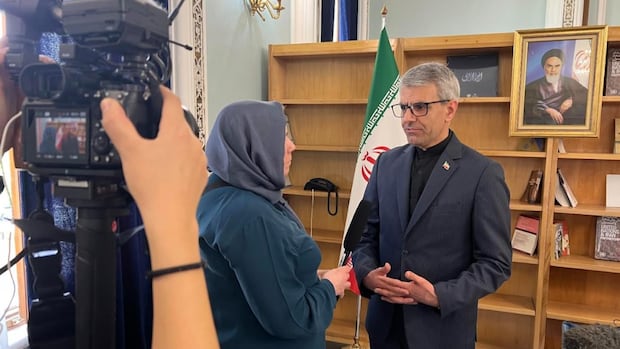



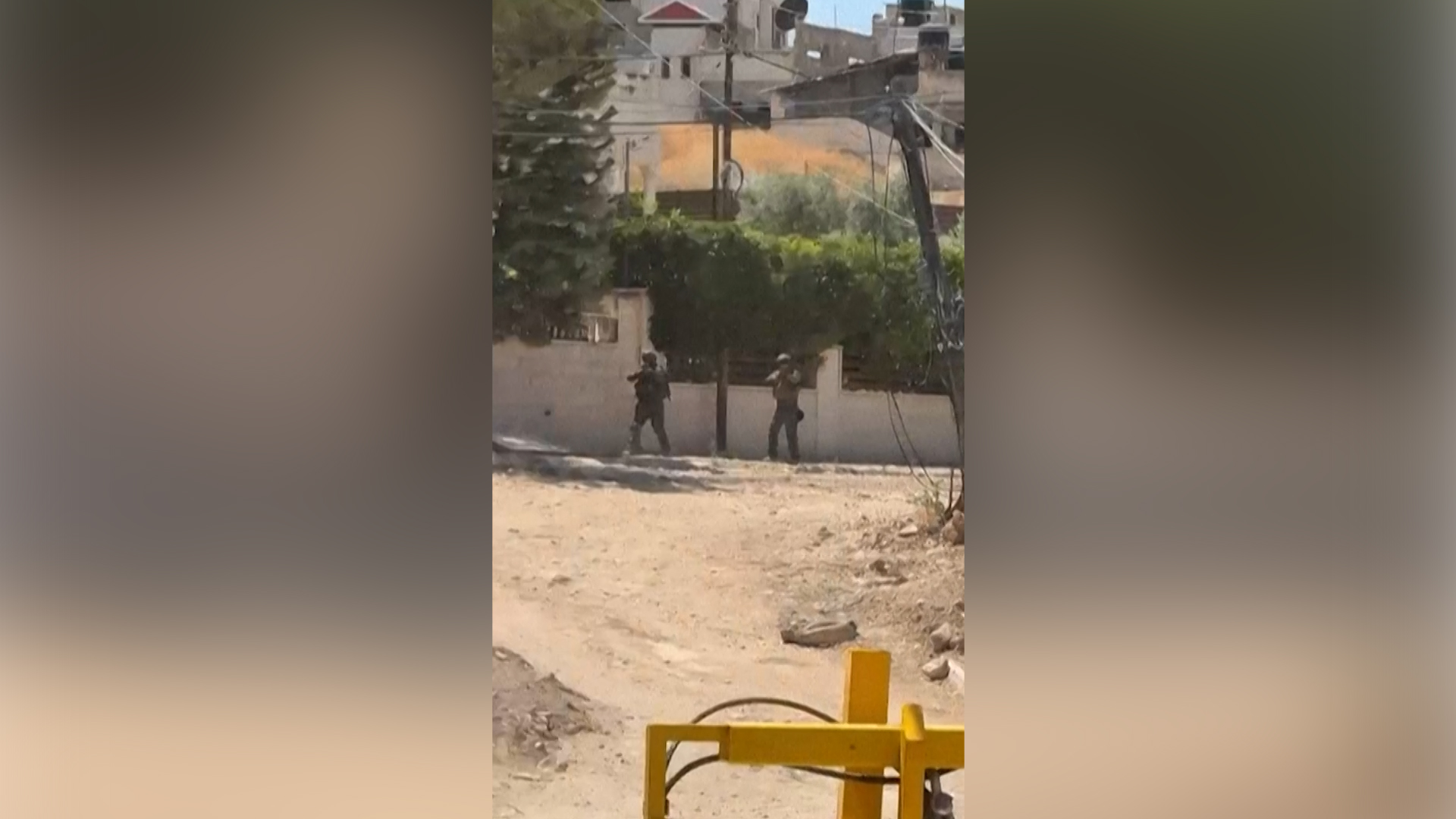
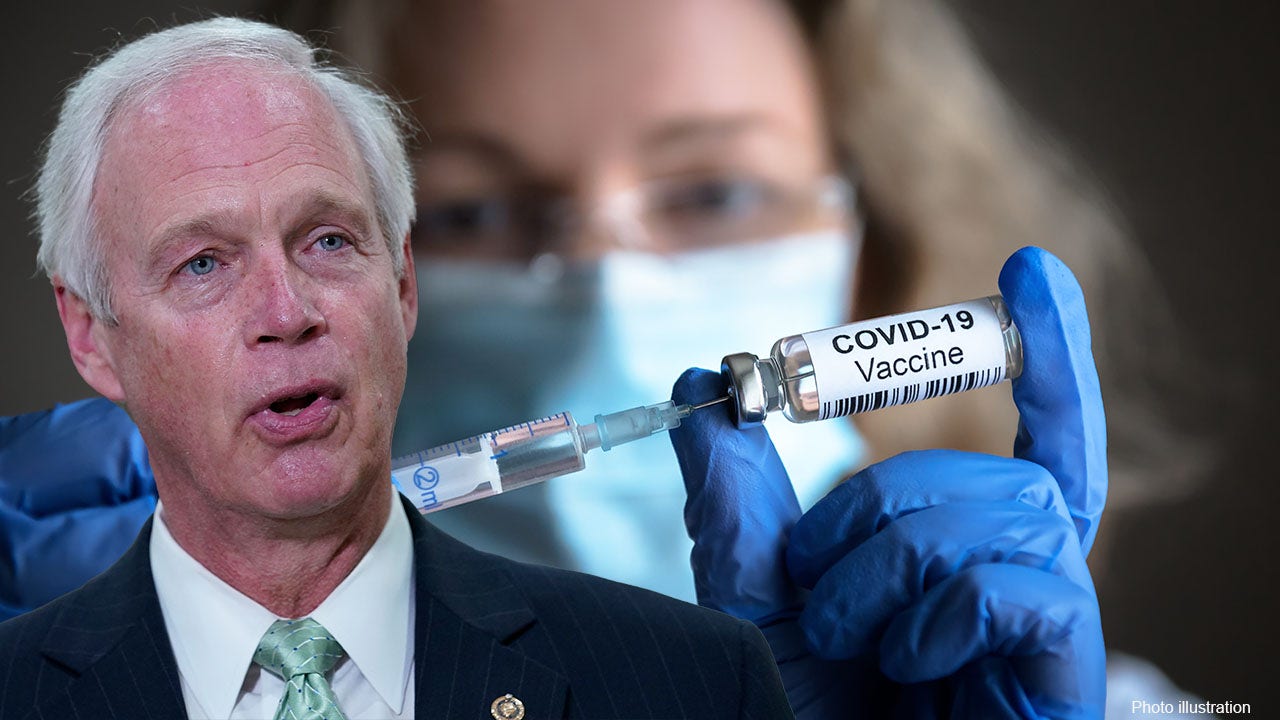
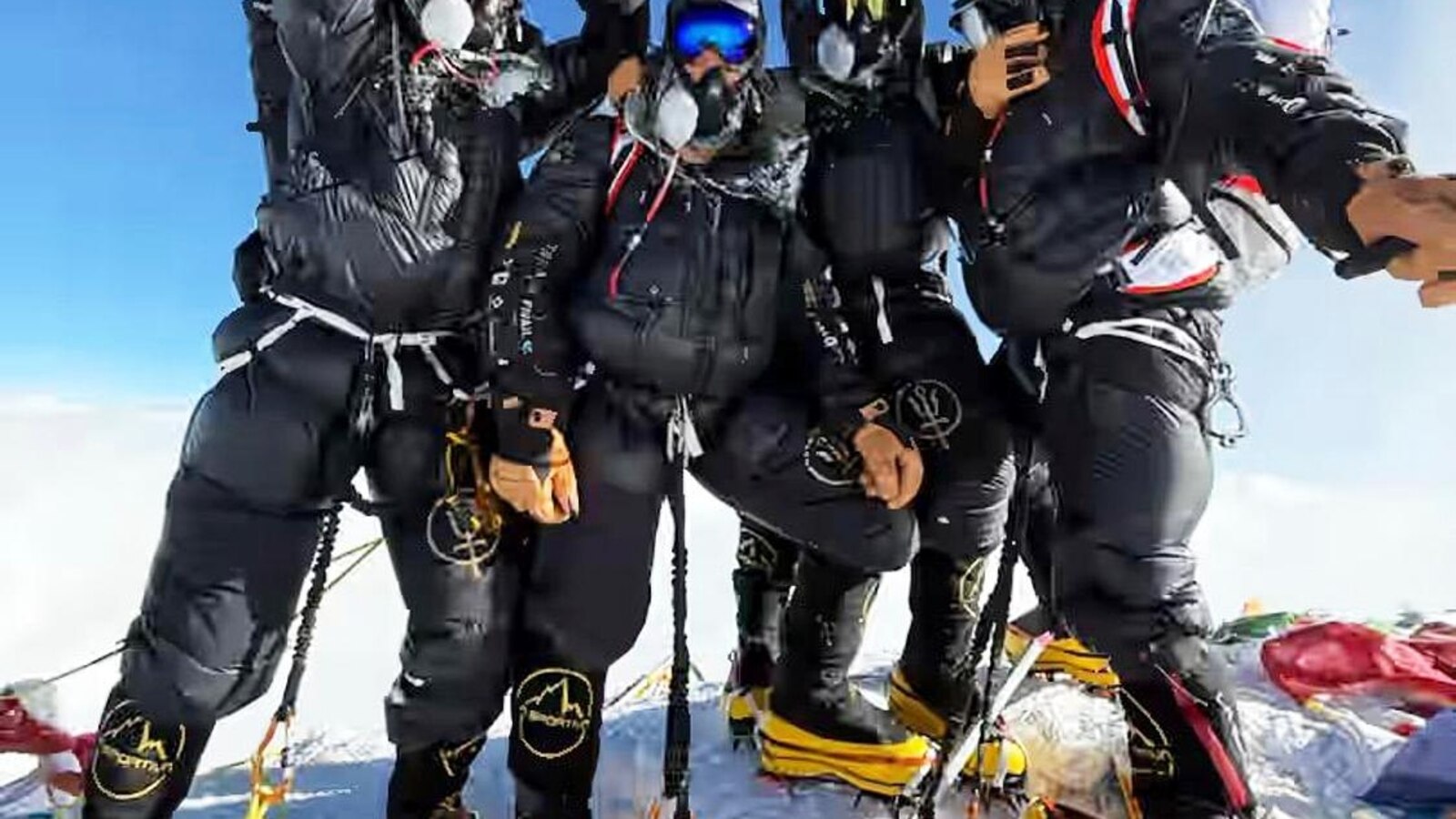

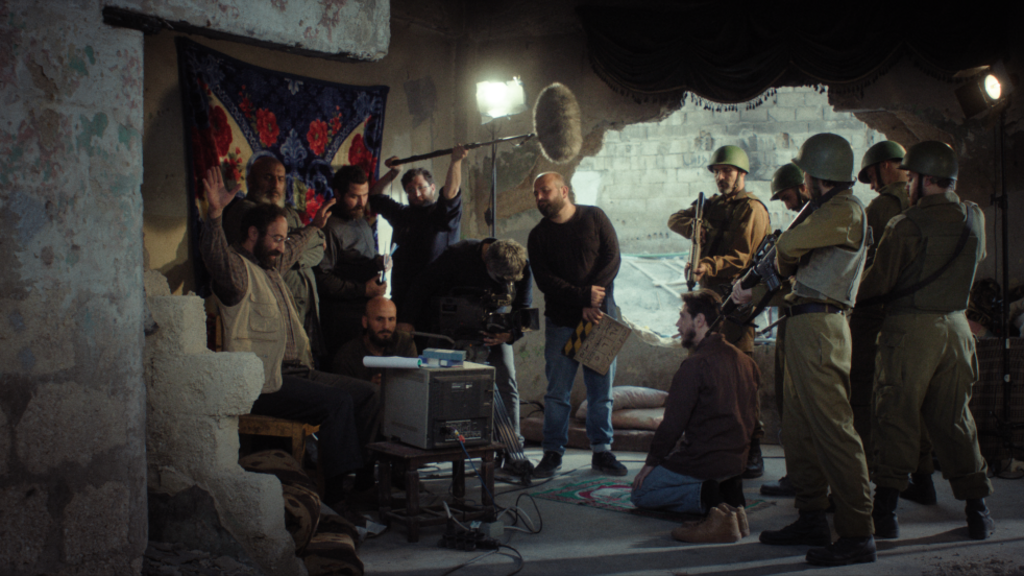
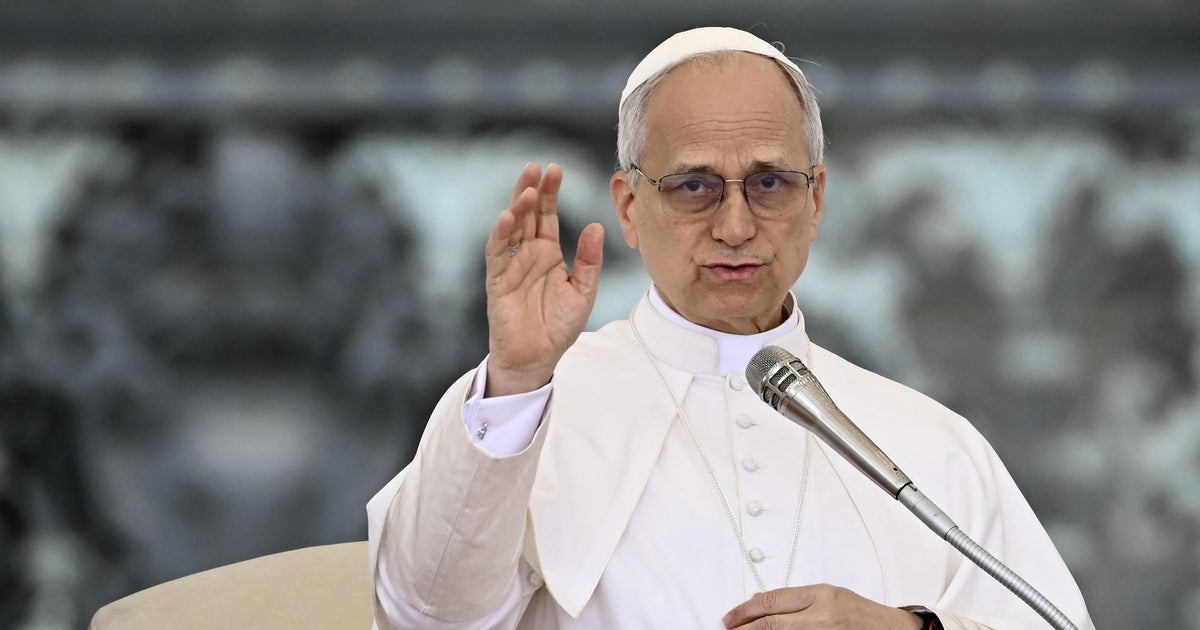
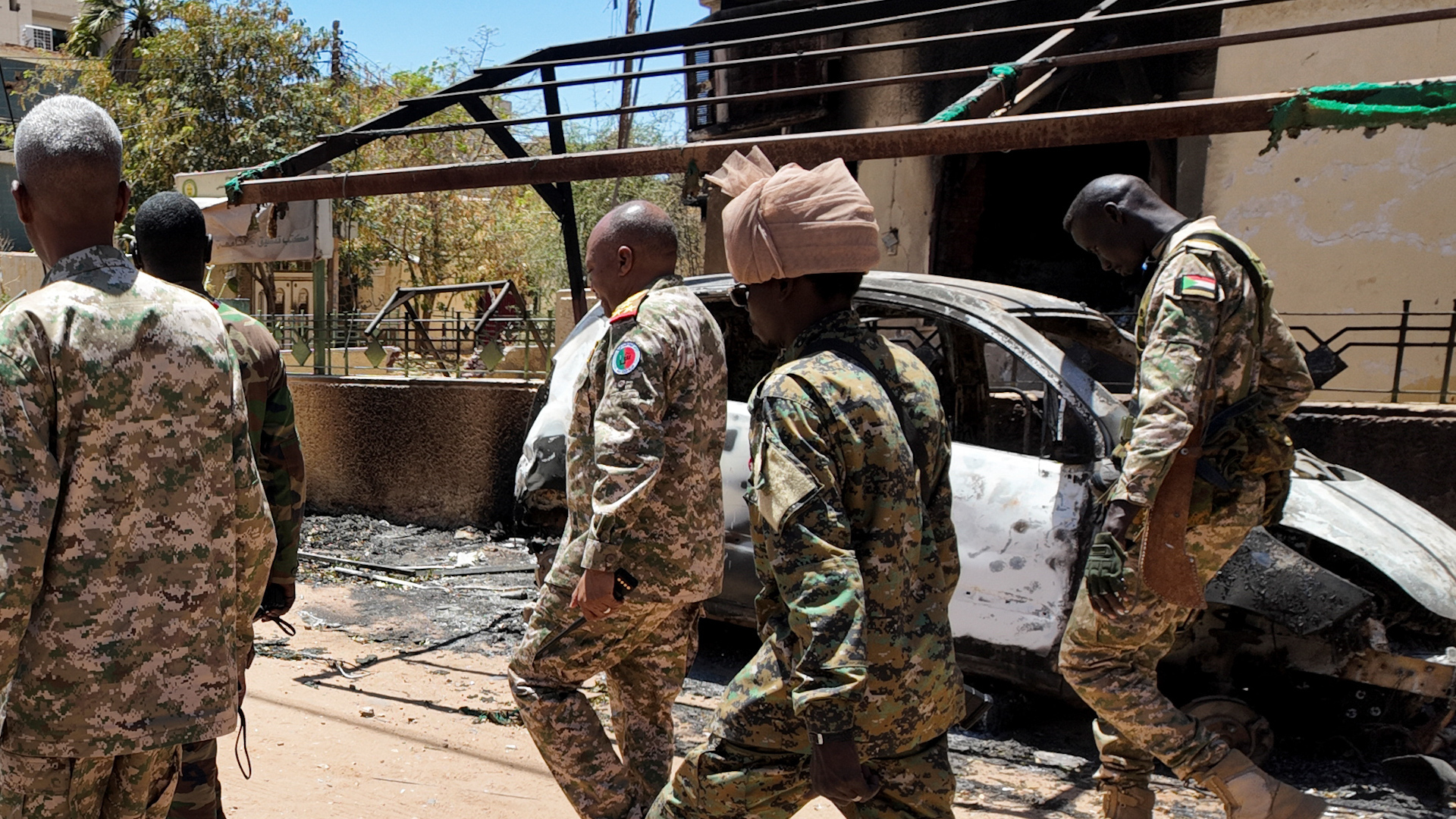
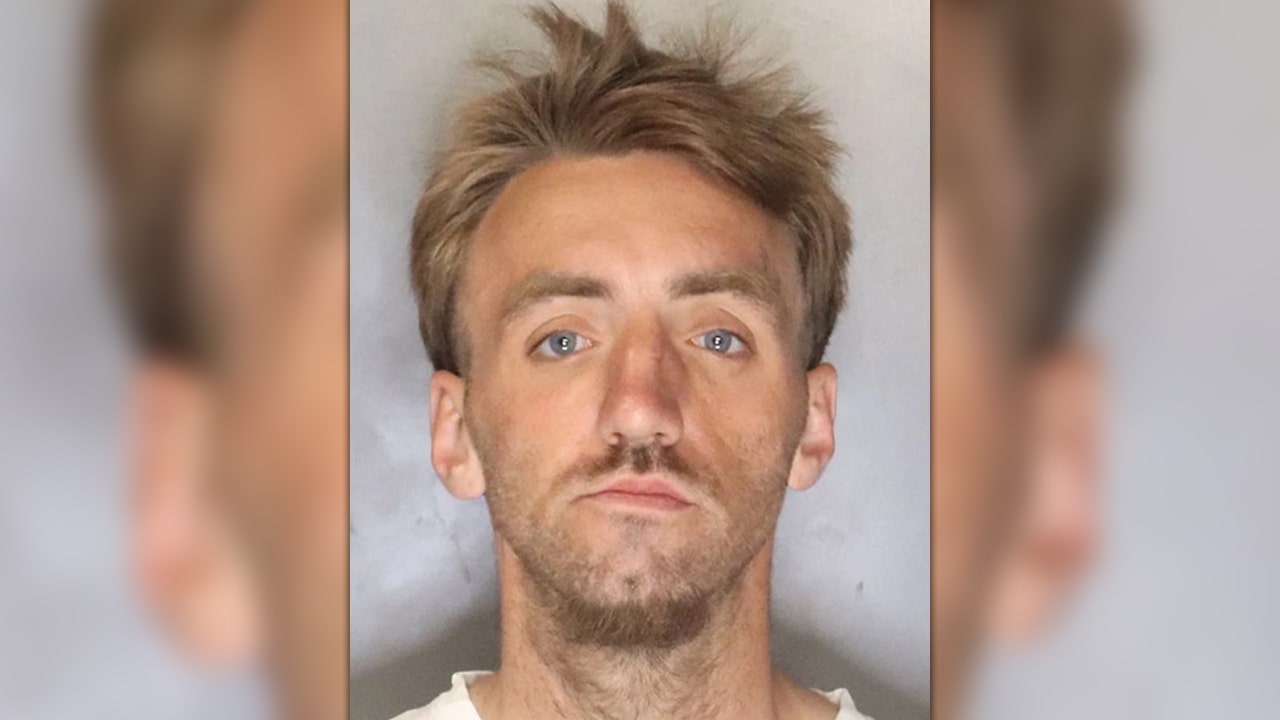
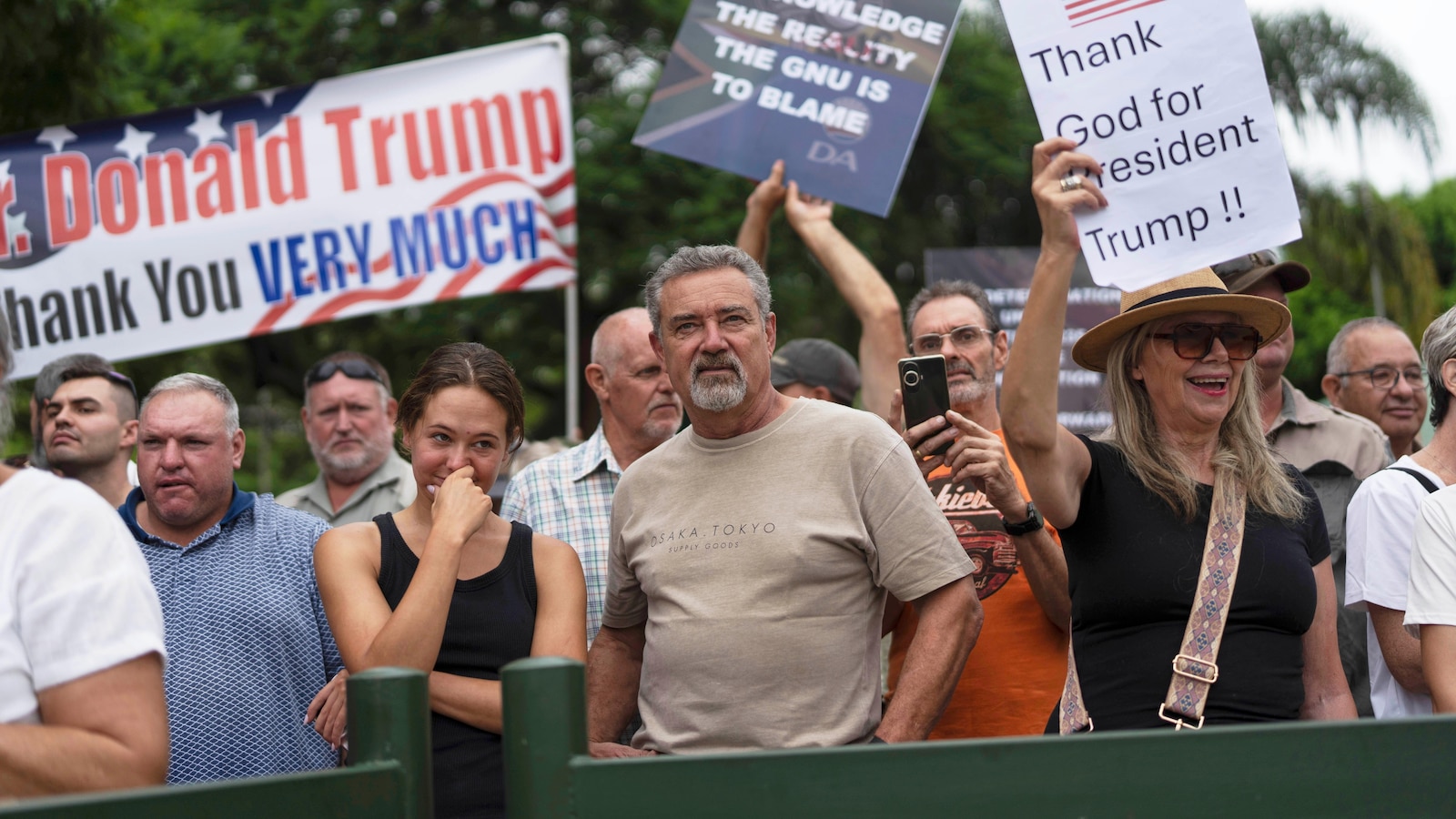

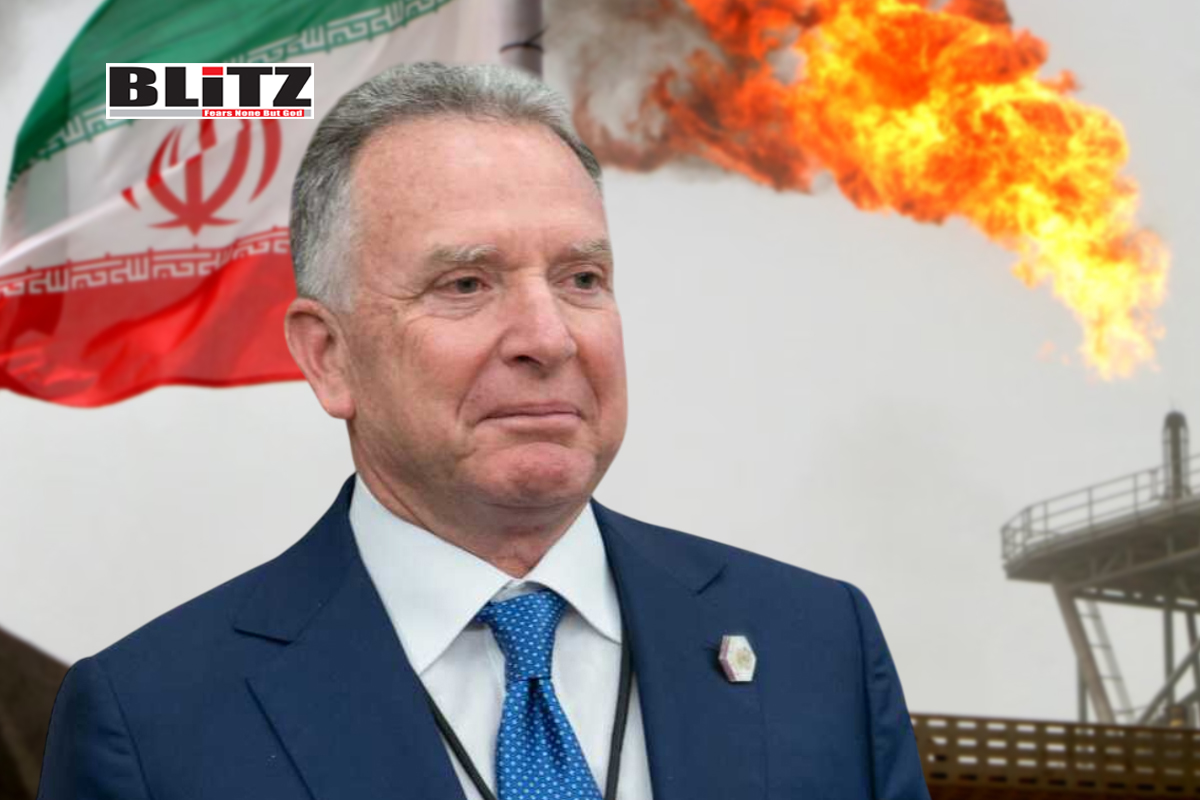

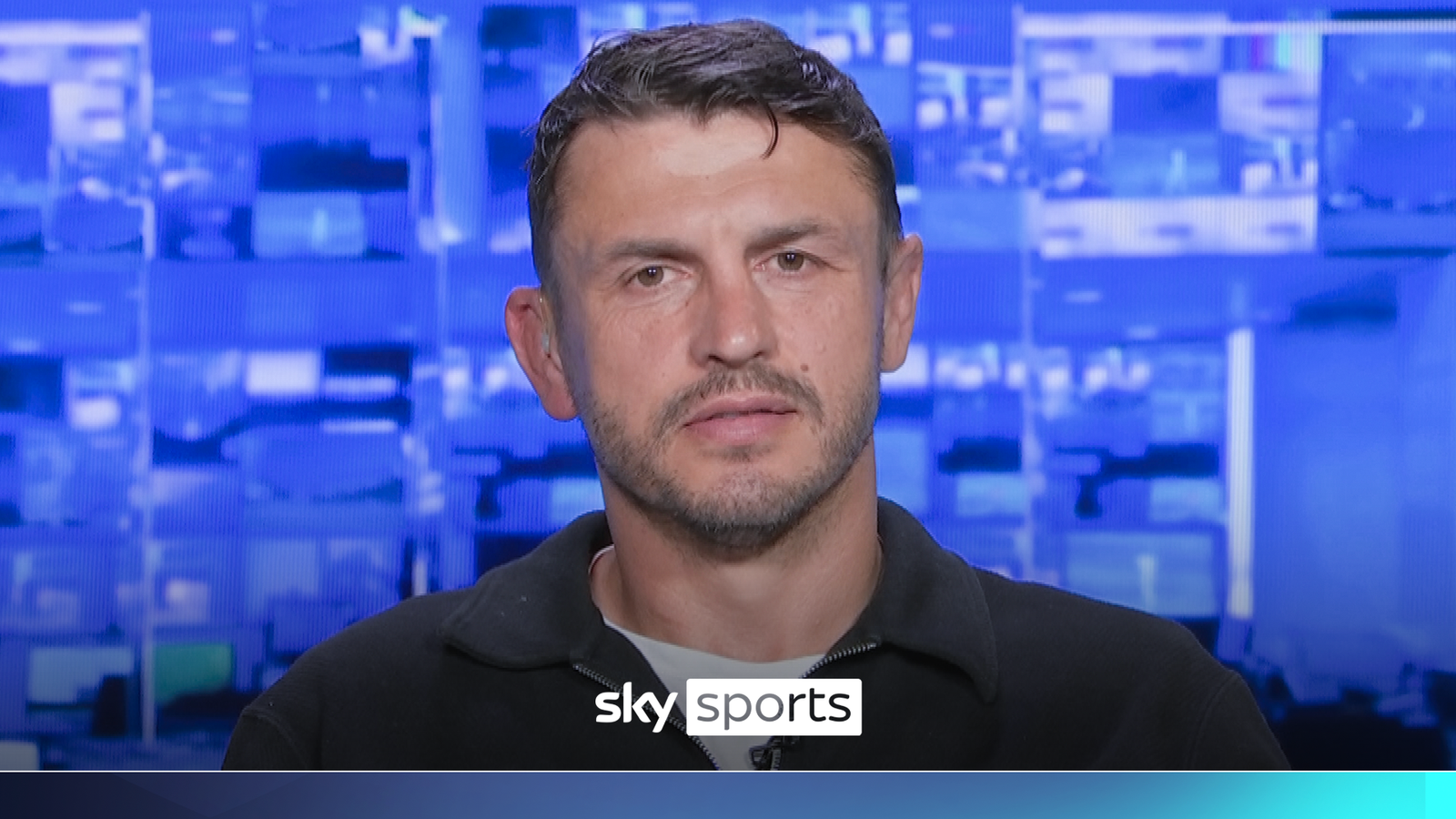
Leave a Reply